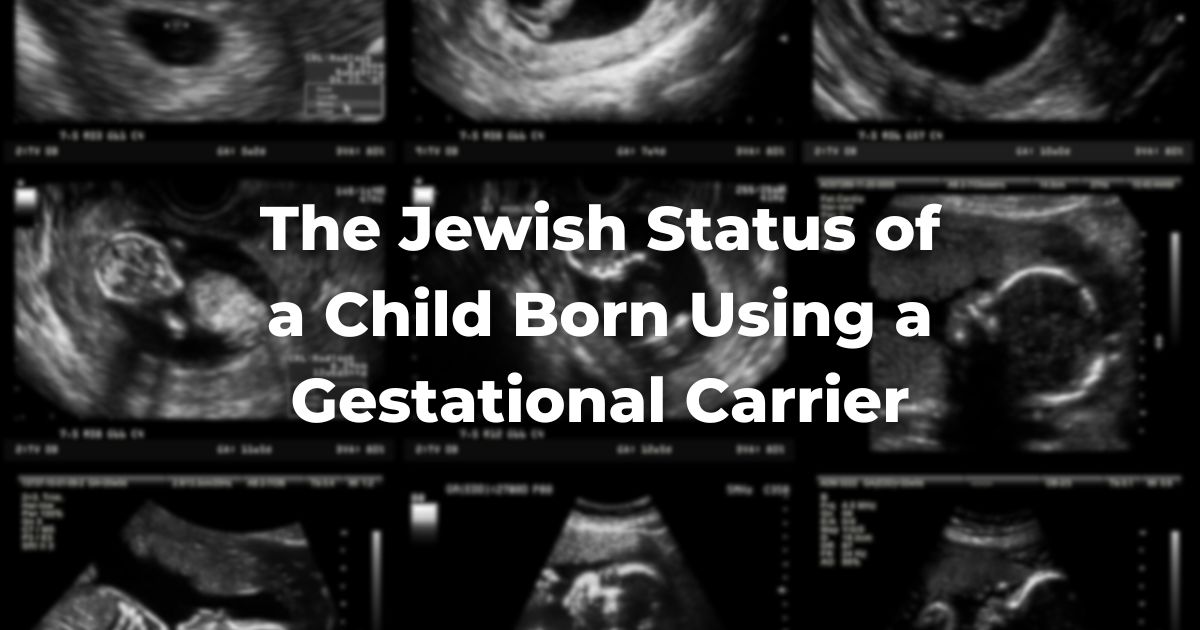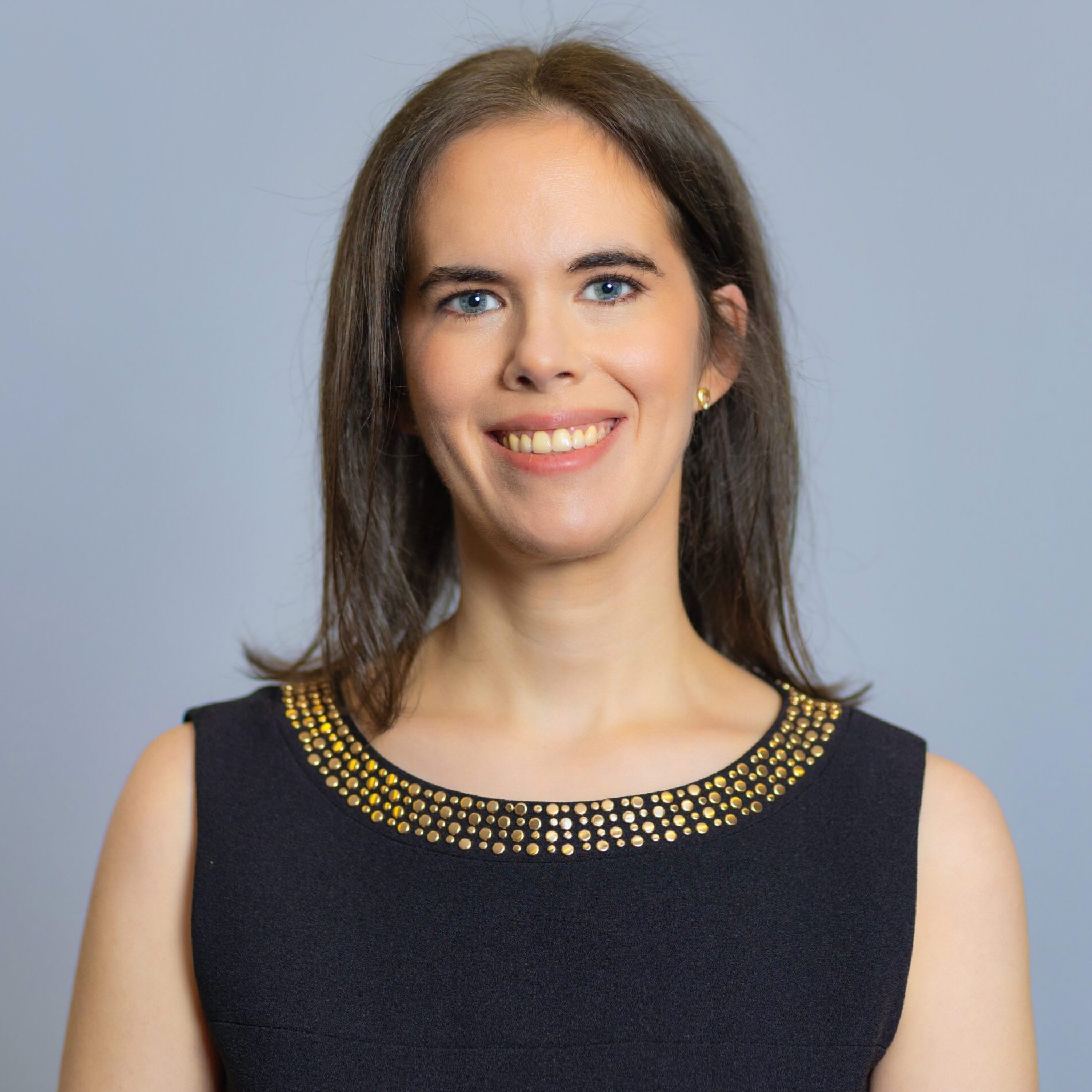It is believed that at least one in six Jewish individuals experience infertility and some of these individuals and others utilize artificial reproductive technologies, such as IVF, to grow their families. A subset of those people decide to use a gestational carrier, sometimes also referred to as a surrogate.
Until recently, the question of the Jewish legal status of a child born of surrogacy depended entirely on the status of the birth mother and not the egg of a Jewish woman. A child carried by a non-Jewish gestational carrier would not be considered Jewish even if both individuals contributing the sperm and the egg resulting in the child were Jewish.
In 2022, the Committee on Jewish Law and Standards (CJLS) of the Rabbinical Assembly approved a teshuvah, a halakhic legal ruling, related to the use of gestational carriers by Jewish individuals seeking to build and grow their families. The CJLS sets halakhic policy for Rabbinical Assembly rabbis and for the Conservative movement as a whole.
This teshuvah impacts a variety of Jewish families that include a child born of a gestational carrier, including two increasingly common situations.
The most common situation, a male-female couple want to have a baby with their own egg and sperm. The potential mother cannot carry the baby and they choose to utilize a gestational carrier. The second situation arises when a same-sex couple most commonly male-male or a single parent choose to pursue having a child through the use of a donor egg from a Jewish woman and use that egg to create an embryo which is implanted into a gestational carrier. In both these instances, the gestational carrier is usually not Jewish.
The teshuvah rules, in part:
“… 3. We further believe that the definition of a Jewish mother should be expanded. We therefore hold that a Jewish mother is either the one who gives birth to the child or the one who donates the egg, even when someone else gives birth to the child, provided the intended parent or parents will raise the resulting child as Jewish. If the genetic father is a kohen or levi, his caste is transmitted to the child.
4. No conversion to Judaism is necessary for a child who is the result of either scenario”
This means that moving forward, rabbis in the Conservative movement may choose to recognize a child that results from an egg of a Jewish woman and carried by a non-Jewish gestational carrier as Jewish without the need for conversion as long as the parent(s) of the child intend to raise the child as Jewish (as displayed in rituals such as a bris and other naming ceremonies).
This paper does not touch the long-standing position of the CJLS that a child carried by a Jewish woman using an egg from a non-Jewish donor does not require conversion.
Prior to the approval of this teshuvah, this had been ruled on in 1997 in a teshuvah entitled, “On the Use of Birth Surrogates” which stated that children born using non-Jeiwsh gestational carriers required conversion via immersion in the mikveh regardless of whether the egg came from a Jewish woman.
Under those original circumstances, in 1997, when the first teshuvah was written, the laws in the United States on the use of gestational carriers were non-existent or in their infancy. In recent years, surrogacy has evolved into a more formalized process and laws in the United States have evolved.
As a result, this ruling sometimes led to confusing situations, including where a child that resulted from the embryo of a Jewish woman could be considered Jewish if carried by a Jewish woman, but not considered Jewish if carried by a non-Jewish woman, even if the child’s intended parent was a Jewish parent.
With this ruling available to the Movement, families that use a gestational carrier can better navigate the complex rules of status. On top of that, this teshuvah shows us how Jewish law evolves over time and responds to pressing questions of congregants and families of all kinds.
A dissent to this teshuvah was also written and can be found here.
Author
-

Jessica Chod is an attorney based in the DC area where she and her family are active members of the Jewish community. She is the co-author, along with Rabbis Judith Hauptman and Suzanne Brody, of the Movement’s 2022 teshuvah related to the Jewish status of a child born using a gestational carrier. Ms. Chod holds a Juris Doctor and Master of Business Administration from Emory University Law School and Emory University’s Goizueta Business School and a B.S. in Industrial & Labor Relations from Cornell University.
View all posts






